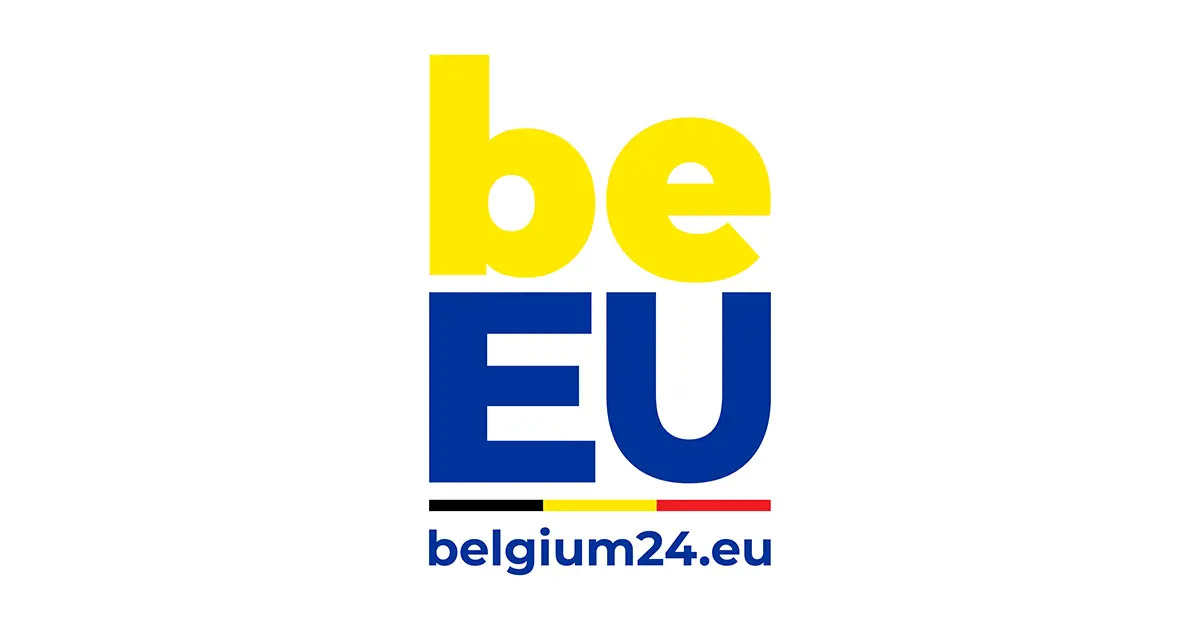At the health EPSCO Council of 8 December, the Hungarian delegation highlighted that a number of facts suggest that the EU pharma market is not supportive enough for the sustainability of the national healthcare systems.
In Greece, price reduction ordered for budgetary reasons led the manufacturer to withdraw an anti-cancer drug, while in Romania parallel trade resulted in shortages. The report of the European Commission on the paediatric medicines regulation pointed out that paediatric drug development is not in line with children’s medical needs. All these circumstances prove that that medicines are not ordinary costumer goods and therefore appropriate regulatory environment and member states’ cooperation is vital. Hungary, together with Poland, Slovakia, Lithuania, Slovenia and Croatia is also engaged in a regional initiative aiming at fair pricing and supply security of pharmaceuticals.
Hungary appreciates that during the Estonian Presidency digitalization as overarching priority covered the field of healthcare as well. E-health and relating applications can significantly improve efficiency and help to meet challenges affecting our health systems today. The year of 2017 has been milestone for Hungary as in November the electronic healthcare service platform was started, establishing the digital fundament of the Hungarian healthcare sector. E-health is also a priority for Hungary as Presidency of the V4 group. In November 2017, the Antall József Knowledge Center organized a conference on the future of healthcare in the age of digitalisation. The event had special focus on e-health related challenges faced by the Visegrad countries.
The Council also adopted conclusions on alcohol policy and obtained information from the Commission and OECD on the country health profiles published within the framework of the Health in the EU cycle.
At the end of the Council, the upcoming Bulgarian Presidency informed the ministers on its priorities relating to providing better food for children and more efficient pharma policy.
On the day preceding the EPSCO Council, Zoltán Balog minister of human capacities and Kiril Ananiev Bulgarian minister of health discussed the Bulgarian Presidency priorities and the current challenges relating to pharma pricing and reimbursement. Minister Balog presented the Hungarian child health promoting measures such as public health tax, public catering regulation and everyday physical education. In addition, he explained how the Hungarian pharma reimbursement scheme supports access to innovative medicines and talked about the assessment of joint vaccine procurement possibilities at regional level.



